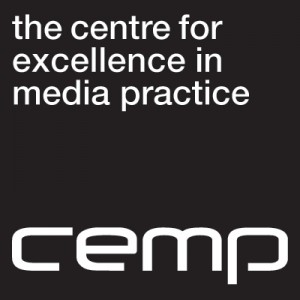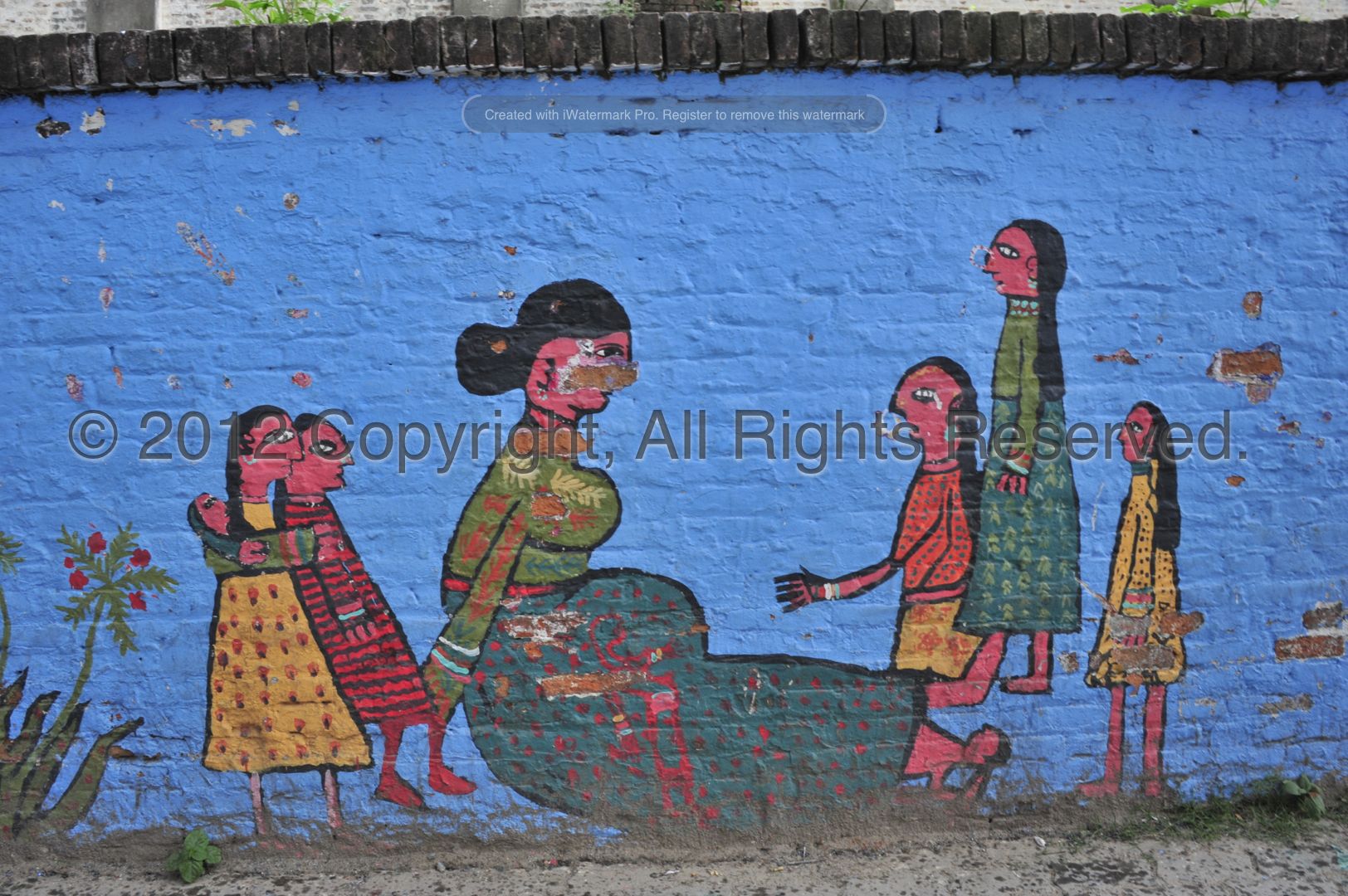 June saw a slight increase in activity for bids being submitted and awarded with congratulations due to Schools for winning research grants, consultancy contracts and organising Short Courses.
June saw a slight increase in activity for bids being submitted and awarded with congratulations due to Schools for winning research grants, consultancy contracts and organising Short Courses.
For ApSci, congratulations are due to Jonathan Monteith for his consultancy with Distributed General Ltd, and to John Gale for his contract with Heritage Lottery Fund. Good luck to Jonathan Monteith for his consultancy with Merryfield Park Partnership, and to Kathy Hodder for her consultancy with Fieldwork Ecological Service Ltd.
For the Business School, congratulations to Ruth Towse and Maurizio Borghi for their AHRC research project in Music Publishing. Good luck to Tim Ford and Mark Painter for their consultancy to RBS Group, to Lois Farquharson, Fabian Homberg, Roger Palmer and Dean Patton for their consultancy to Wiltshire Probation Trust.
Good luck to DEC, for Bob Eves KTP project with Consoler, to Sarah Williams for her application to MQ: Transforming Mental Health, to Christos Gatzidis for his application to Leverhulme, to Bogdan Gabrys and Marcin Budka for their submission to ITaaU Network, to Chang Liu, Sarah Bate, Angela Gosling and Nicola Gregory for their application to the Royal Society to research the cultural influence on typical and atypical development of face perception.
For HSC, congratulations are due to Keith Brown for his short courses with Powys County Council, to Lee-Ann Fenge, Keith Brown and Lynne Rutter for their contract with Hampshire County Council. Good luck to Peter Thomas and Zoe Sheppard for their application to the National Institute for Health Research, to Anthea Innes, Michele Board and Sarah Hambridge from HSC, together with Sam Nyman and Jan Wiener from DEC, for their application to the ESRC Festival of Social Science, to Jonathan Parker and Sara Crabtree for their contract to IASSW, to Andrew Harding, Sue Baron, Di Galpin, Edwin van Teijlingen and Cate Wood for their contract to the Royal College of General Practitioners, to Lee-Ann Fenge, Maggie Hutchings, Jen Leamon and Anne Quinney who have also applied to the ESRC Festival of Social Science, to Keith Brown for his short course for Worcestershire County Council.
Congratulations to the Media School for Bronwen Thomas and Julia Round’s AHRC project for Research Networking Researching Readers Online, to Zhidong Xiao for his consultancy with the University of Bedfordshire, and to Stephanie Farmer for her consultancy to Nuffield Health, Chichester. Good luck to Liam Toms for his consultancy to Doppelganger Productions, to Zhidong Xiao for his short course with Wuhan Vocational College of Software and Engineering, to Carrie Hodges of the Media School, Lee-Ann Fenge and Wendy Cutts from HSC for their application to ESRC, and to Julian McDougall of the Media School and Dinusha Mendes of the Business School for their application to the European Commission.
For School of Tourism, good luck to Heather Hartwell for her European application to COST on shaping consumer behaviour and food choice, and her application, together with Sean Beer and Jeff Bray, to the Institute for Small Business and Entrepreneurship, and to Katherine King and Alessandro Inversini for their application to European Commission.
 I am thrilled that the MRC will be making a special trip to BU to inform us of what will be released under the Health programme in Horizon 2020 on October 7th!
I am thrilled that the MRC will be making a special trip to BU to inform us of what will be released under the Health programme in Horizon 2020 on October 7th! As the programme is looking for specific academia-SME collaboration we have also invited a number of SMEs to this event. A networking lunch will be followed by several 30min one-to-one sessions (from 1:30)with the MRC representative.
As the programme is looking for specific academia-SME collaboration we have also invited a number of SMEs to this event. A networking lunch will be followed by several 30min one-to-one sessions (from 1:30)with the MRC representative.






















 Expand Your Impact: Collaboration and Networking Workshops for Researchers
Expand Your Impact: Collaboration and Networking Workshops for Researchers Visiting Prof. Sujan Marahatta presenting at BU
Visiting Prof. Sujan Marahatta presenting at BU 3C Event: Research Culture, Community & Can you Guess Who? Thursday 26 March 1-2pm
3C Event: Research Culture, Community & Can you Guess Who? Thursday 26 March 1-2pm UKCGE Recognised Research Supervision Programme: Deadline Approaching
UKCGE Recognised Research Supervision Programme: Deadline Approaching ECR Funding Open Call: Research Culture & Community Grant – Apply now
ECR Funding Open Call: Research Culture & Community Grant – Apply now ECR Funding Open Call: Research Culture & Community Grant – Application Deadline Friday 12 December
ECR Funding Open Call: Research Culture & Community Grant – Application Deadline Friday 12 December MSCA Postdoctoral Fellowships 2025 Call
MSCA Postdoctoral Fellowships 2025 Call ERC Advanced Grant 2025 Webinar
ERC Advanced Grant 2025 Webinar Update on UKRO services
Update on UKRO services European research project exploring use of ‘virtual twins’ to better manage metabolic associated fatty liver disease
European research project exploring use of ‘virtual twins’ to better manage metabolic associated fatty liver disease